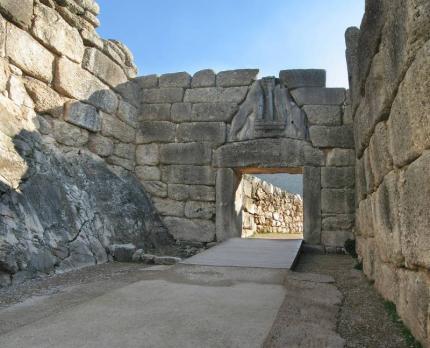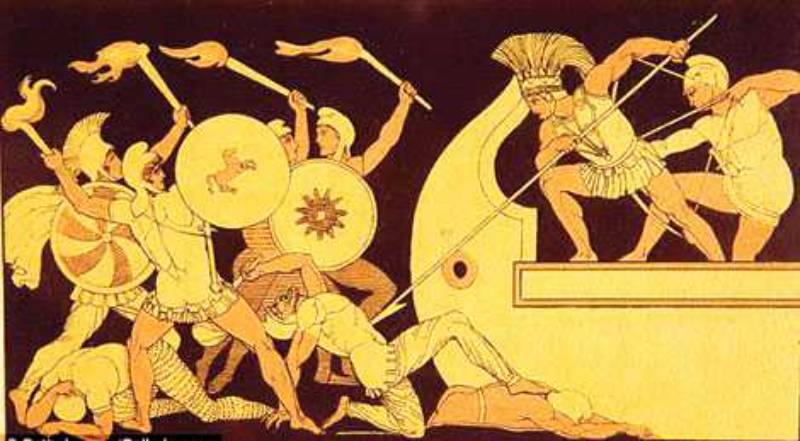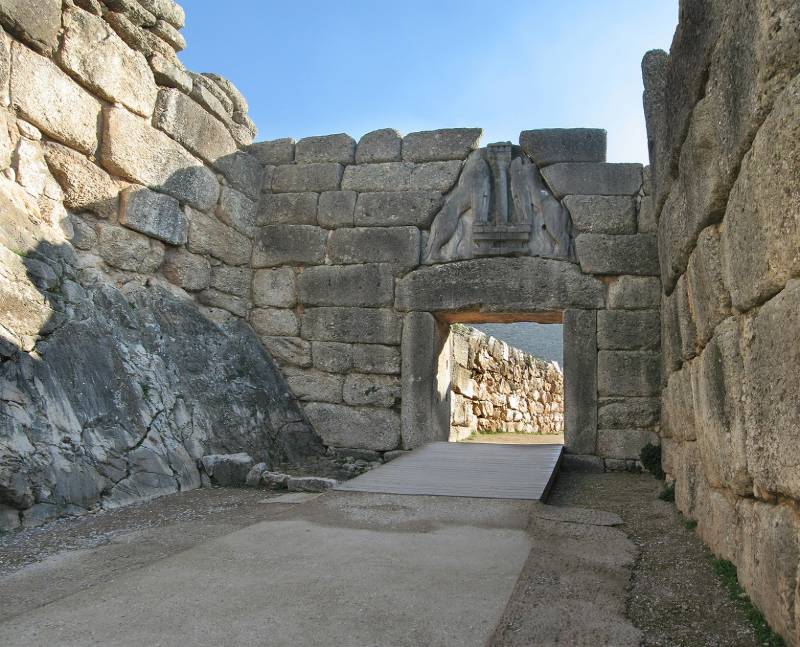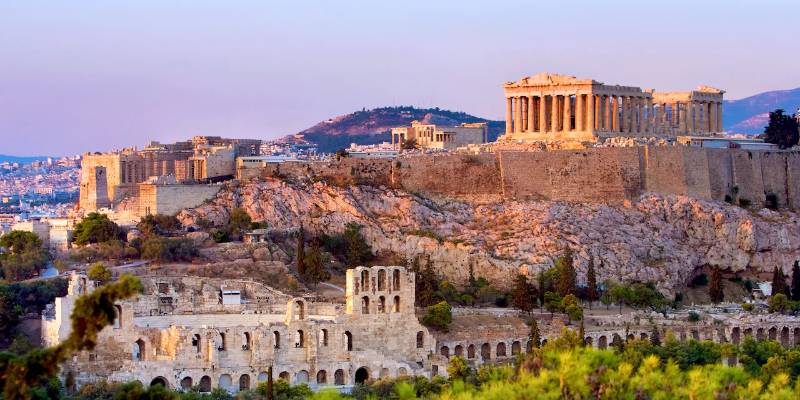Get free consultation
Fill out the form and we will contact you
The historical journey of Greece spans thousands of years, leaving a profound mark on global culture, politics, science, and art. In the modern context, Greece is also an attractive destination for investors seeking a second citizenship through the Golden Visa program. Let’s explore the rich history of Greece here.
The history of Greece begins in the Bronze Age (circa 3000–1100 BCE), marked by the development of two major civilizations: the Cycladic and Minoan on the island of Crete, followed by the Mycenaean civilization on the mainland.
The history of Greece begins in the Bronze Age
Minoan Civilization (2700–1450 BCE): Known for the Palace of Knossos, the Linear A writing system, and advanced maritime trade. They worshiped nature-related deities and produced exquisite art.
Mycenaean Civilization (1600–1100 BCE): Known through Homer’s epics, the Mycenaeans built fortified citadels such as Mycenae and Tiryns, and used the Linear B script, a precursor to the Greek language. The Trojan War, though legendary, is believed to be associated with this period.
This era ended with a mysterious collapse, possibly due to natural disasters or invasions, leading to the “Dark Ages” (1100–800 BCE), when culture and writing nearly disappeared.
The ancient Greek period (800–323 BCE) marked a revival of civilization. City-states such as Athens, Sparta, Thebes, and Corinth developed, each with its own distinct identity.
Politics and Democracy: Athens pioneered a democratic model in the 5th century BCE, allowing citizens to vote and participate in legislation. Meanwhile, Sparta was renowned for its strict military system.
Philosophy and Science: Thinkers like Socrates, Plato, and Aristotle laid the foundations of Western philosophy. Archimedes and Hippocrates revolutionized mathematics and medicine.
Literature and Art: Homer’s epics, Sophocles’ tragedies, and architectural works like the Parthenon at Acropolis remain enduring legacies.
Wars: Greece united to defeat Persia in the wars of 490–479 BCE but later fell into internal conflict during the Peloponnesian War (431–404 BCE), weakening the city-states.
This period ended with the rise of King Philip II and his son Alexander the Great, who expanded Greek influence as far as India.
After Alexander's death in 323 BCE, his empire fragmented, but Greek culture continued to spread during the Hellenistic period (323–31 BCE). Successor kingdoms such as the Ptolemaic in Egypt and the Seleucid in the Middle East became centers of culture and scholarship.
History of Greece in the Hellenistic Period
Science and scholarship: The Library of Alexandria was a symbol of knowledge, where Euclid developed geometry and Eratosthenes calculated the Earth's circumference.
Art: The Hellenistic style emphasized emotion and movement, evident in sculptures such as the Venus de Milo.
This period ended as Greece gradually fell under Roman conquest, with the Battle of Corinth in 146 BCE marking its complete annexation.
Under Roman rule (146 BCE – 330 CE), Greece became the province of Achaea but retained its role as a cultural center. Greek culture had a profound influence on Rome, spanning philosophy, art, and architecture.
When the Roman Empire was divided, Greece became part of the Byzantine Empire (330–1453). Constantinople became the new capital, and Greece was a center of Eastern Orthodox Christianity. Monuments such as the Hagia Sophia (though located in Constantinople) reflected the prosperity of this period. However, Greece also faced invasions from the Goths, Slavs, and Arabs.
In 1453, the Ottoman Empire captured Constantinople, and Greece fell under Ottoman rule. For nearly 400 years (1453–1821), Greeks preserved their culture through the Orthodox Church and diaspora communities. The independence movement erupted in 1821, with support from European powers such as Britain, France, and Russia. In 1830, Greece officially gained independence, becoming a kingdom under King Otto.
Modern Greece has experienced many ups and downs, from territorial expansion during the Balkan Wars (1912–1913) to losses in World War II and the civil war (1946–1949). The period from 1967 to 1974 saw a military regime, but democracy was later restored. Greece joined the EU in 1981 and the Schengen Area in 2000, affirming its position within the European community.
Modern Greece and its development
Despite facing the economic crisis from 2008 to 2018, Greece has made a strong recovery. According to Eurostat (2024), Greece's GDP grew by 2.3% in 2023, with tourism contributing 20% to the economy. This has enhanced Greece's appeal to international investors.
The history of Greece is a story of resilience and creativity, from ancient civilizations to a modern EU member state. With its Golden Visa program, Greece offers the opportunity for you and your family to obtain European residency. Contact quoctichthuhai.com for detailed consultation and start your journey to settle in Greece!!
Fill out the form and we will contact you



